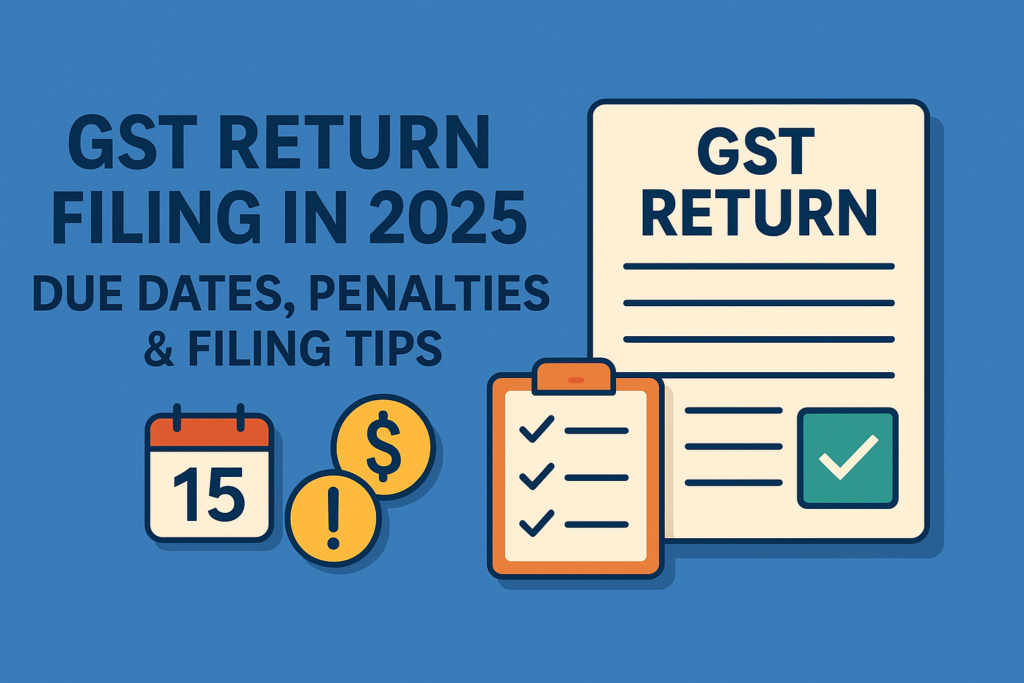Are you a tenants rights wondering what your tenants are? Whether you’re renting a house, apartment, or condo, knowing your rights as a tenant is essential. From rent increases to repairs and eviction, understanding your rights can save you from unnecessary stress and legal troubles. In this comprehensive guide, we’ll walk you through everything you need to know about tenants rights, empowering you to navigate your rental journey confidently.
1. Understanding Tenancy Agreements

Before moving into a rental property, you’ll sign a tenancy agreement with your landlord. This document outlines the terms and conditions of your tenancy, including the rent amount, payment schedule, duration of the tenancy, and any additional rules or responsibilities. Understanding this agreement is crucial, as it sets the foundation for your relationship with your landlord.
2. Rent Increases
Landlords may increase rent, but there are rules they must follow. In most jurisdictions, landlords must provide tenants rights with a notice of rent increase a certain number of days before the increase takes effect. Knowing your rights regarding rent increases can help you budget effectively and avoid surprises.
3. Repairs and Maintenance
As a tenants rights, you have the right to live in a safe and habitable environment. This includes ensuring that the property is properly maintained and any necessary repairs are promptly addressed by the landlord. Understanding your rights regarding repairs and maintenance can help you ensure that your living conditions remain satisfactory.
4. Right to Privacy
While landlords have the right to enter the property for specific reasons, such as making repairs or showing the unit to prospective tenants, they must provide notice before doing so. Knowing your right to privacy as a tenant helps you maintain your sense of security and control over your living space.
5. Eviction Notices
In the unfortunate event of an eviction, landlords must follow specific procedures and provide tenants rights with proper notice. Understanding eviction notices and the reasons for which you can be evicted can help you protect your rights and take appropriate action.
6. Security Deposits
When renting a property, landlords often require tenants to pay a security deposit. This deposit is intended to cover any damages beyond normal wear and tear. Understanding the rules regarding security deposits can help you ensure that you receive your deposit back at the end of your tenancy.
7. Discrimination Of Tenants Rights
It’s essential to know that landlords cannot discriminate against tenants rights based on factors such as race, religion, gender, or family status. Understanding your rights regarding discrimination can help you protect yourself and take appropriate action if you believe you’ve been discriminated against.
8. Subletting and Assignments
In some cases, tenants rights may need to sublet their rental unit or assign their lease to another tenant. However, this typically requires the landlord’s permission. Understanding the rules regarding subletting and assignments can help you navigate these situations smoothly.
9. Access to Common Areas
Tenants usually have the right to access common areas, such as laundry rooms, parking lots, and recreational facilities. Understanding your rights regarding common areas can help you make the most of the amenities offered by your rental property.
10. Ending a Tenancy
Whether you’re moving out at the end of your lease or need to terminate your tenancy early, there are specific rules and procedures you must follow. Understanding how to properly end your tenancy can help you avoid legal issues and ensure a smooth transition.
FAQs
1. Can my landlord increase my rent whenever they want?
No. In most jurisdictions, landlords must provide tenants rights with a written notice of rent increase a certain number of days before the increase takes effect.
2. How much notice does my landlord have to give me before entering my rental unit?
Typically, landlords must provide tenants rights with at least 24 to 48 hours’ notice before entering the rental unit, except in cases of emergency.
3. Can my landlord evict me without cause?
In most jurisdictions, landlords can only evict tenants rights for specific reasons, such as non-payment of rent, violation of the lease agreement, or illegal activities.
4. Can my landlord keep my security deposit if I break my lease?
In most cases, landlords can only keep your security deposit if you owe rent, cause damage beyond normal wear and tear, or violate the terms of your lease agreement.
5. What should I do if I believe my landlord is discriminating against me?
If you believe you are being discriminated against by your landlord, you should document the discriminatory behavior and contact your local fair housing agency for assistance.






